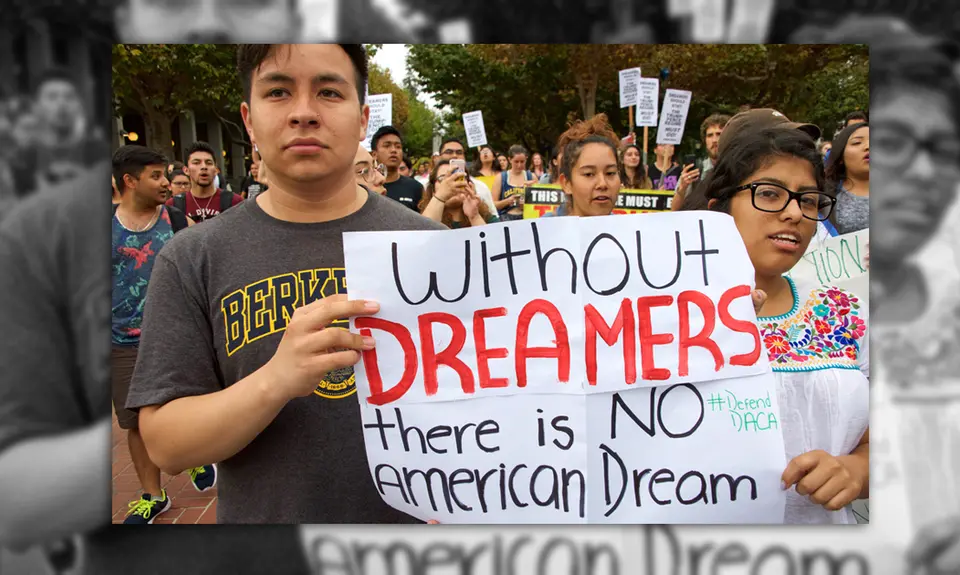On May 17, a three-judge panel of the Fourth Circuit struck down the Trump administration’s rescission of DACA, over the dissent of Trump judge Julius Richardson. The case is Casa De Maryland v. DHS.
In ending DACA, the administration relied on a bare statement by then-Attorney General Jeff Sessions that the policy, which protects some immigrants who were brought into the country as children against deportation, was unconstitutional. It also cited the Texas litigation that had enjoined enforcement of a different policy (DAPA/DACA+) and had reached the Supreme Court. But the Court had divided evenly, simply issuing a summary affirmance of the judgment of the court below. Its decision had no precedential value. And the lower court had expressly stated that it was not addressing the original DACA.
As Judge Albert Diaz explained for the majority, this came nowhere near an agency’s obligation under the Administrative Procedure Act (APA) to “examine the relevant data and articulate a satisfactory explanation for its action including a rational connection between the facts found and the choice made.” Without a reasoned explanation for its action, the rescission was “arbitrary and capricious” and could not be enforced.
The point is that the Department had before it at the time it rescinded DACA a reasoned analysis from the office tasked with providing legal advice to all executive branch agencies that supported the policy’s legality. Yet the Department changed course without any explanation for why that analysis was faulty.
In his dissent, Judge Richardson argued that the entire question was unreviewable by the courts under the Administrative Procedure Act. He argued that the rescission was simply a matter of prosecutorial discretion left completely to the executive branch, even though the administration’s justification was that it had no discretion because DACA was unlawful.
The Fourth Circuit now joins the Ninth Circuit in applying the rule of law to the Trump administration’s efforts to terminate DACA. But it does so over the dissent of the one judge on the panel placed there by Trump.
This decision means that for now, DACA recipients remain protected from deportation. But with three Trump administration appeals pending at the now ultra-conservative majority Supreme Court, the legal decision – and the fate of the estimated 800,000 DACA recipients – is in jeopardy.
